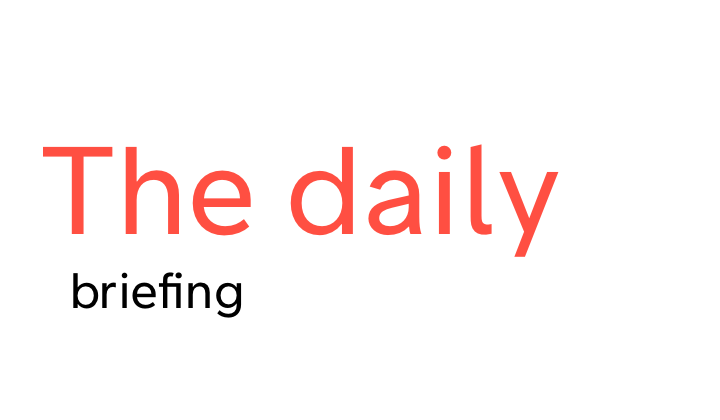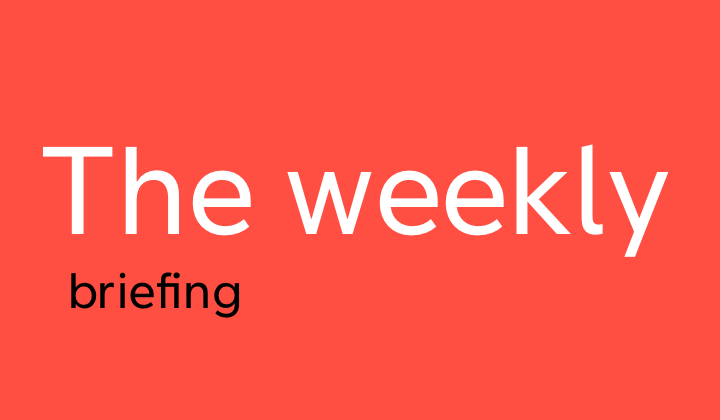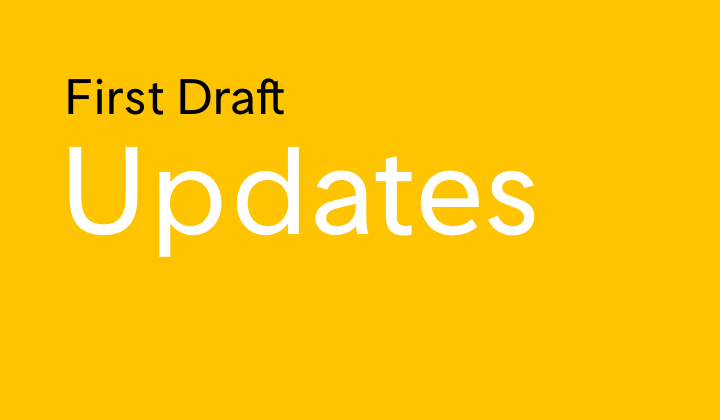Ivermectin, an antiparasitic drug mainly used to deworm farm animals and pets, has for months been touted without sufficient clinical data as an effective treatment for Covid-19, including recently by US podcast host Joe Rogan and radio host Alex Jones. The debate about ivermectin has led to a surge in demand for the medicine in multiple countries, including the US and Australia. But a misreport on one Oklahoma doctor’s claim about patients overdosing on ivermectin has been framed as an attempt by mainstream media to discredit the drug as a Covid-19 treatment.
Rolling Stone has faced plenty of criticism over its article, titled “Gunshot victims left waiting as horse dewormer overdoses overwhelm Oklahoma hospitals, doctor says,” after a local hospital rejected the doctor’s claims. The article quoted Dr. Jason McElyea, who told Oklahoma City-based KFOR that “the rise in people using ivermectin” overwhelmed emergency rooms at rural hospitals, which were “so backed up that gunshot victims were having hard times getting to facilities where they can get definitive care.” However, Oklahoma’s Northeastern Health System Sequoyah then issued a statement rejecting his claim, saying that it had not treated any patients for ivermectin-related complications, including overdose, nor had it turned away anyone seeking emergency help.
Following the hospital’s statement, Rolling Stone affixed an “update” at the top of the story Sunday that said it “has been unable to independently verify any such cases as of the time of this update.” (The original Rolling Stone article quotes only one source, McElyea.) KFOR and Rolling Stone’s coverage of McElyea’s claims were amplified by various media personalities in the US, including MSNBC’s Rachel Maddow, who is followed by more than 10 million users on Twitter. The BBC, The Guardian, Business Insider, Newsweek and the New York Daily News also reported the story.
The misreporting is seen by some as the media’s failed attempt at discrediting ivermectin. For instance, the New York Post said Rolling Stone printed “outright lies,” while a journalist at the conservative news site The Washington Examiner argued that “the progressive media’s unquestioning embrace of it” explains Republicans’ loss of trust in national news organizations, quoting Pew Research Center data. Right-wing personality Mike Cernovich’s tweet describing the Rolling Stone report as “disinformation” has been liked at least 16,000 times, while tens of thousands of users liked a tweet by fellow right-wing activist Jack Posobiec, who falsely claimed that “even the photo” in the report was “fake.” A Google reverse image search found it was taken by photographer Sue Ogrocki for the Associated Press and shows people lining up for Covid-19 vaccines outside an Oklahoma City church in January 2021. Journalist Glenn Greenwald, followed by more than 1.6 million Twitter users, lambasted Maddow’s tweet and confronted Twitter for not applying a “disinformation” label on it or removing Maddow from its platform.
Similar narratives that ivermectin was “demonized” have also been shared in Australia by far-right activist Lauren Southern on Facebook, where she is followed by nearly 290,000 users, and other Facebook pages that blamed the pandemic on the media. — Esther Chan






